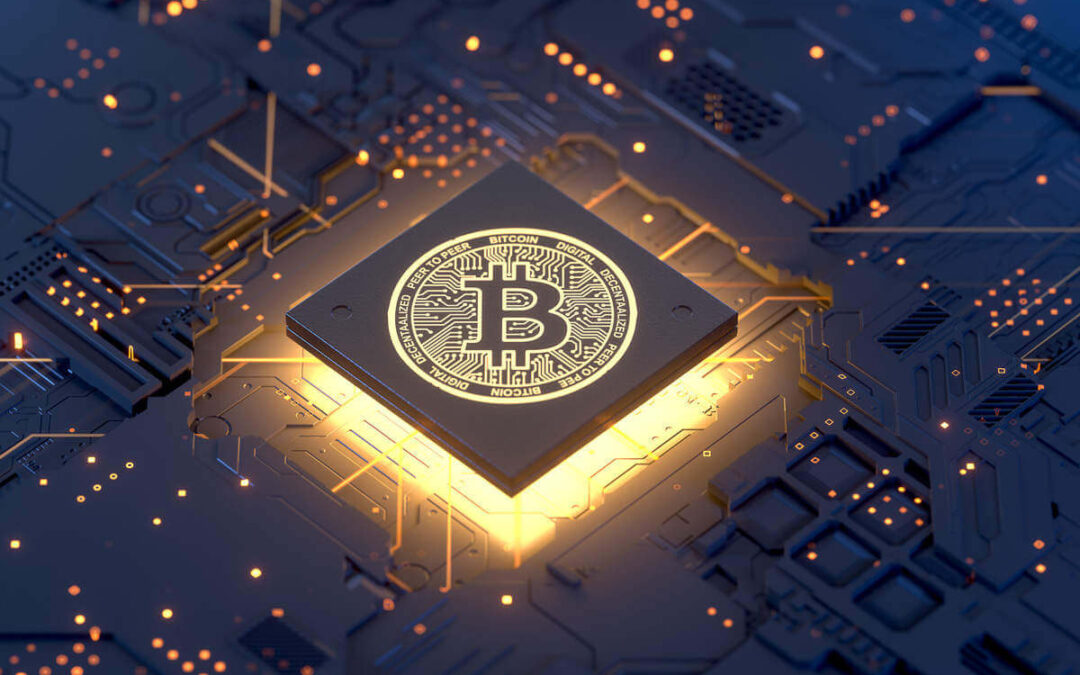LATEST ON CRYPTOCURRENCY: SC instructs to lift ban imposed by RBI
Crypto trading started in 2009 with Bitcoin and later it grew in volumes and many other crypto players came in market with their own crypto currency. This uses strong cryptography to protect end to end financial transaction and this because a means of negotiable instrument across the globe for various transactions. Having understood that this was vastly growing and had replaced fiat currency in many transactions, the regulators of various countries feared economic turbulence and either completely banned the crypto trading completely, introduced specific cryptos and restricted its use, introduced separate regulations for regulating crypto trading and in country like India, kept the whole evaluation in abeyance and till the time they could actually decide on the course of action, the regulator i.e. RBI instructed the bankers strictly not to transact any amount related directly or indirectly to cryptocurrency.
Subsequent to such restriction, various crypto platforms had filed their concerns with the apex court and the RBI had explained that it had not banned crypto trading whereas it had instructed the bankers not to allow transactions in such nature in order to avoid any compromise to the banking channels in India.
Having understood the scenario in India and the approach of the regulator towards the crypto currency, the platforms in India had shifted their base from India to other country lands where such trading and dealing is accepted more maturely viz. Singapore. Having understood this scenario, there were a lot of traders as well, who were developing strategies of trading in India through crypto currency had shifted their base outside India have considered the approach of the regulator towards the crypto markets. After due deliberation, the SC has now on 4th March 2020 instructed the RBI to uplift the ban imposed which has brough a great sign of relief to this industry.
As we have understood from past, all the regulators in India have a tendency to ban such transactions which they find complicated or where they feel they would take time to understand the functioning. Instead, there should be an acceptance towards various changes happening globally, the government should tend towards hiring literate professionals to understand such programmes. India having highest number of young population in todays date and having understood the entrepreneur aspirations among such young bloods, these developments will have to be adopted as a part and parcel and the regulators will have to cope up towards such technology driven ideas instead of restraining and running away from them.
As a conclusion, since the SC has given a welcoming precedence for the crypto lobby, now the lobby is awaiting a detailed pronouncement and further actions from the RBI to quash its circular initially given by it to the bankers so that they can get their ball rolling again.
It will now be all the more exciting to understand the income-tax implications on such transactions in cryptocurrency as the next steps after the regulator removes such ban, CBDT will come up with the tax treatment of various transactions involving virtual currencies which has till now been based on various logics which we had explained in our earlier article ‘Taxation & other related issues related to Bitcoins (Cryptocurrencies)’.

